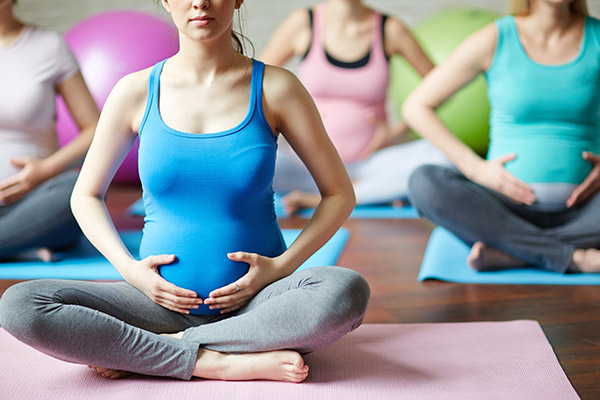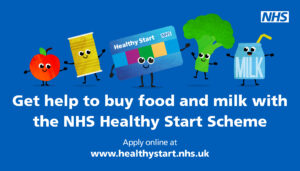Being healthy and keeping active is the best start to pregnancy for you and your baby. If you are planning to have a baby, it's an ideal time to think about your health and that of your partner. Eating the right foods, knowing what food and drink to avoid, regular exercise and quitting smoking and alcohol are all important to increase your chances of a healthy pregnancy.
and keeping active is the best start to pregnancy for you and your baby. If you are planning to have a baby, it's an ideal time to think about your health and that of your partner. Eating the right foods, knowing what food and drink to avoid, regular exercise and quitting smoking and alcohol are all important to increase your chances of a healthy pregnancy.
Useful resources
- Bump, Birth and Beyond is packed with friendly and helpful advice for parents-to-be in Kent and Medway on pregnancy, birth and the first days of parenting.
- Best Start for Life has a useful week-by-week guide to pregnancy.
- Your NHS pregnancy guide: All you need to know about trying for a baby, pregnancy, labour and birth.
- Gingerbread offers support to single parent families.
- The Kent Sexual Health Service can provide STI testing and treatment, psychosexual therapy services as well as care for people living with HIV.
- Find ways to bond with your baby and encourage their brain to grow with the Born to Move app.

Help your child grow healthy, happy and confident with fun activities and tips from NHS health visiting profressionals.
Your child needs to
See it
Hear it
Do it

Download the app to learn more:
Page last reviewed: 01/01/2025, next review due: 01/01/2028
